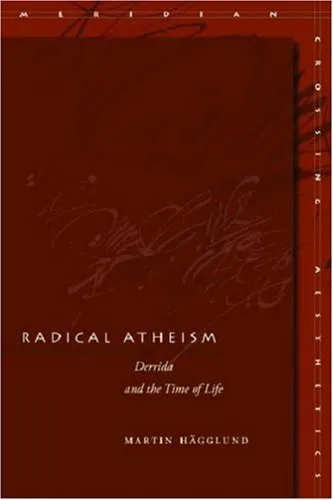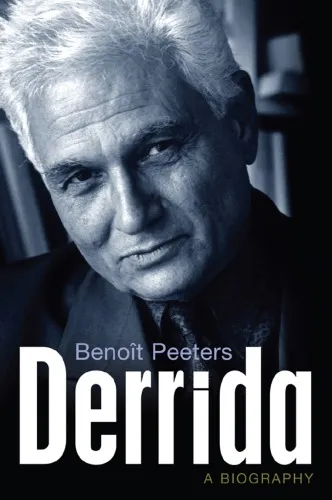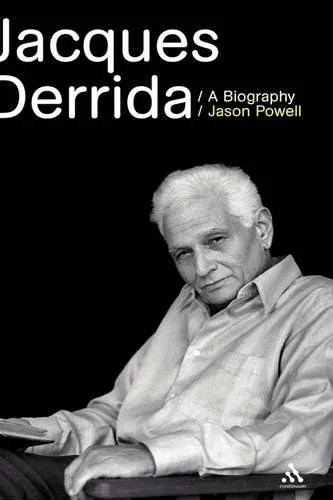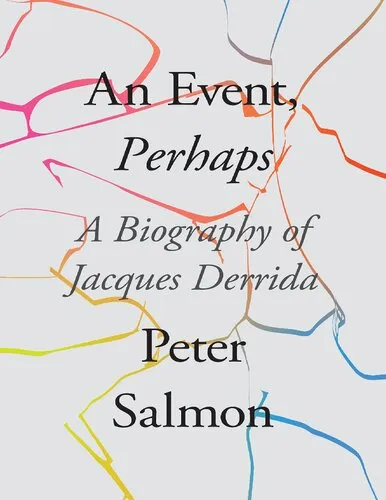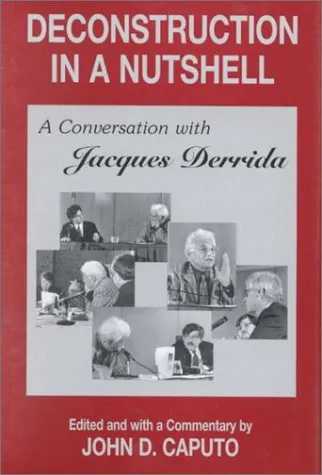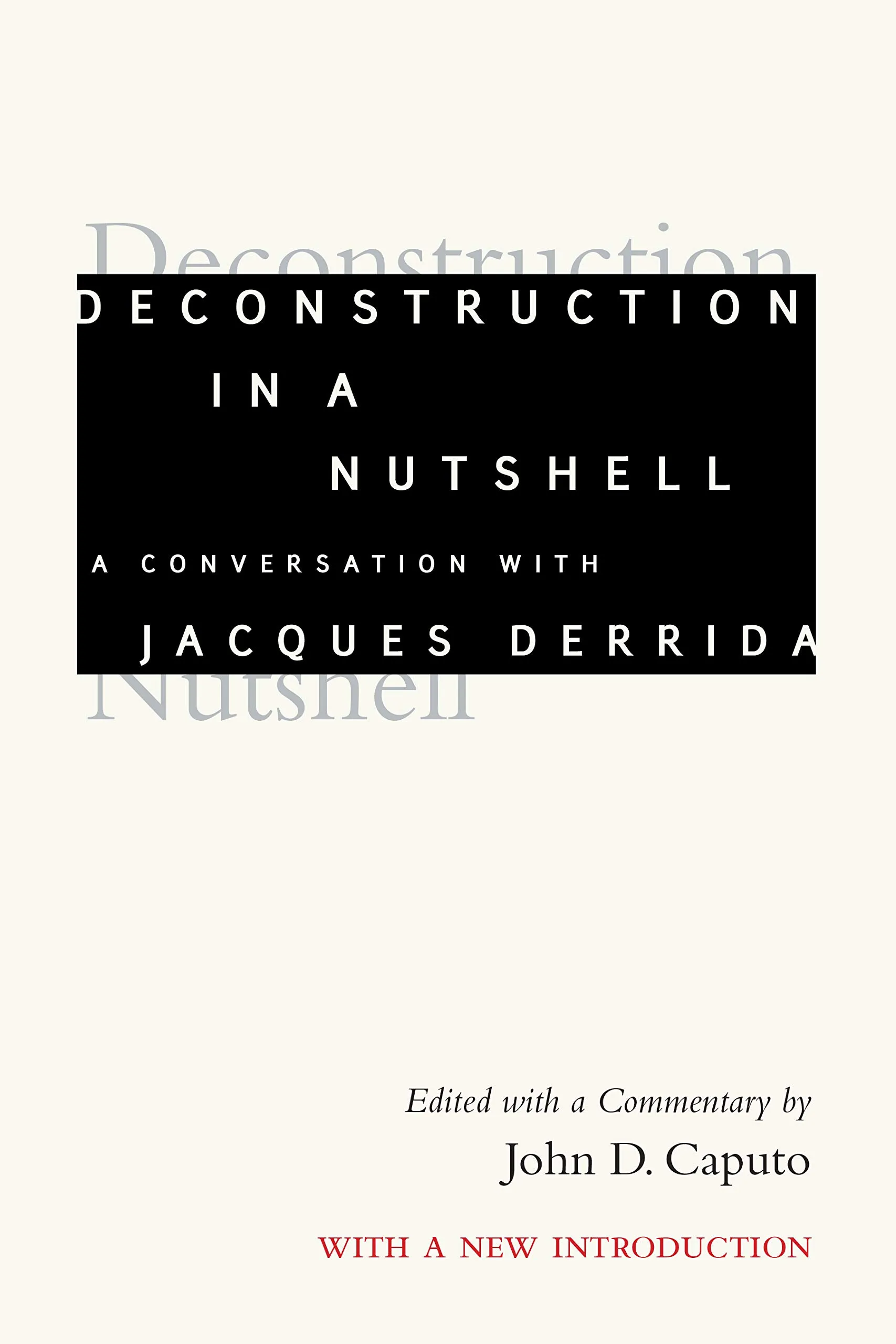Radical Atheism: Derrida and the Time of Life (Meridian: Crossing Aesthetics)
4.1
Reviews from our users

You Can Ask your questions from this book's AI after Login
Each download or ask from book AI costs 2 points. To earn more free points, please visit the Points Guide Page and complete some valuable actions.Related Refrences:
Persian Summary
Introduction to 'Radical Atheism: Derrida and the Time of Life'
Welcome to an exploration of 'Radical Atheism: Derrida and the Time of Life', a thought-provoking work by Martin Hagglund. The book provides a profound engagement with Jacques Derrida's philosophy, specifically focusing on the themes of life, time, and ethics. It delves deep into Derrida's concept of 'radical atheism' and challenges us to reconsider our understanding of life and mortality. This introduction offers a detailed summary, key takeaways, quotes, and the significance of this work.
Summary
'Radical Atheism' is an incisive critical analysis of Jacques Derrida's philosophical exploration of time and life. Martin Hagglund engages with Derrida's deconstructive approach to reveal how the concept of 'radical atheism' influences our understanding of temporality and existence. The book argues that Derrida's philosophy must be understood as radically atheistic, meaning that it posits the finitude of life as the condition for anything that matters. Unlike traditional atheism, which simply denies the existence of God, radical atheism insists on the inherent mortality and fragility of life as the foundation of ethical responsibility and freedom.
Hagglund discusses Derrida's interpretation of key themes such as autoimmunity, spectrality, and the messianic in order to demonstrate how they contribute to a theory of life grounded in temporal finitude. The book meticulously unpacks Derrida’s claim that life is always already constituted by the trace of death, suggesting that understanding this interplay is crucial for grasping the stakes of existence, responsibility, and justice.
Key Takeaways
- Radical atheism asserts that temporality and mortality are essential to the meaning of life.
- Derrida's notion of 'autoimmunity' illustrates how the conditions for life also entail susceptibility to death and destruction.
- Ethical responsibility arises from the acknowledgment of our finite nature and the temporal bonds we form.
- The book challenges the separation between atheism and religious thought, proposing a re-evaluation of faith and belief.
Famous Quotes from the Book
"To live as a mortal is to be exposed to others and to have a responsibility for what is to come."
"The radicality of atheism lies in its affirmation of life without recourse to a transcendent ground or promise of salvation."
Why This Book Matters
'Radical Atheism: Derrida and the Time of Life' is a crucial contribution to contemporary philosophical discourse. It not only broadens the interpretation of Derrida's thought but also stimulates critical discussions about existence, ethics, and the human condition. Hagglund's rigorous analysis compels readers to confront the paradoxes of lived experience, inviting them to rethink the implications of mortality for philosophical and ethical inquiry.
Furthermore, the book transcends traditional divisions between secular and religious thought by highlighting the intertwined nature of life and death. It encourages a nuanced understanding of how time structures our experiences and responsibilities. This work is essential reading for anyone interested in deconstruction, philosophy of time, or the intersections between life, death, and the ethical imperatives they engender.
Free Direct Download
Get Free Access to Download this and other Thousands of Books (Join Now)
For read this book you need PDF Reader Software like Foxit Reader
Accessing books through legal platforms and public libraries not only supports the rights of authors and publishers but also contributes to the sustainability of reading culture. Before downloading, please take a moment to consider these options.
Find this book on other platforms:
WorldCat helps you find books in libraries worldwide.
See ratings, reviews, and discussions on Goodreads.
Find and buy rare or used books on AbeBooks.
